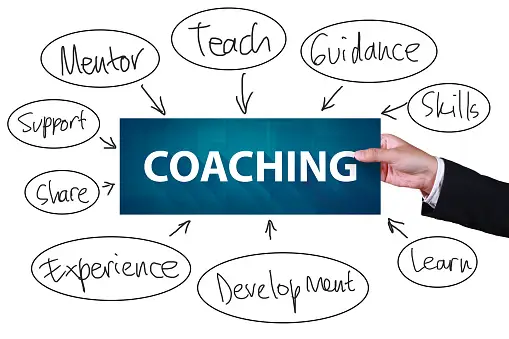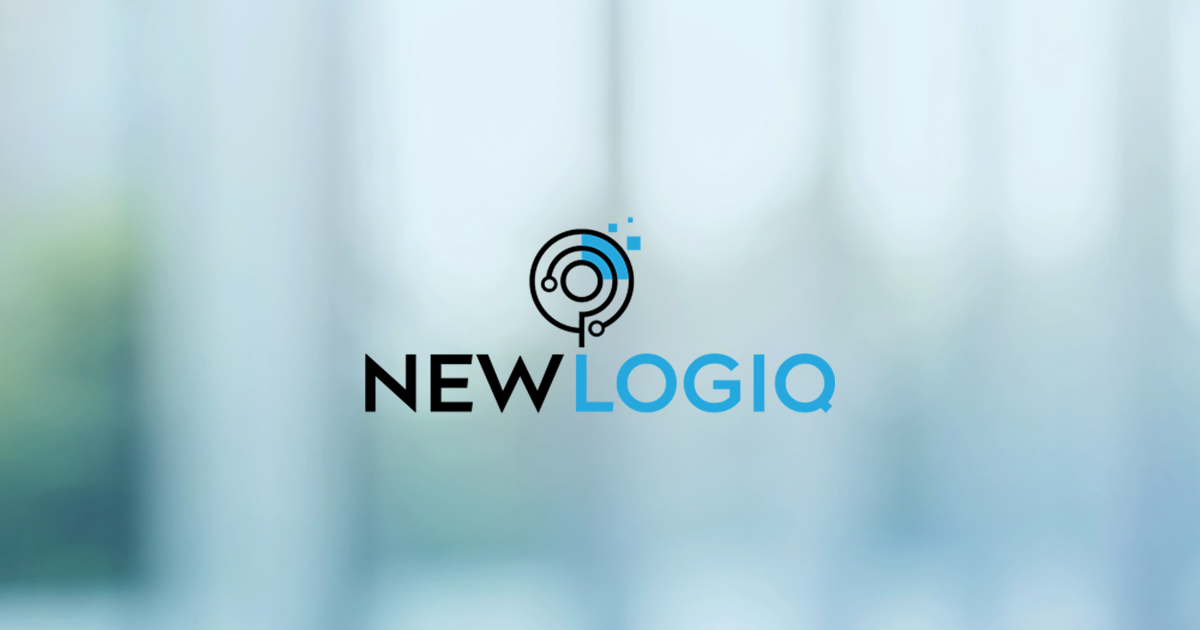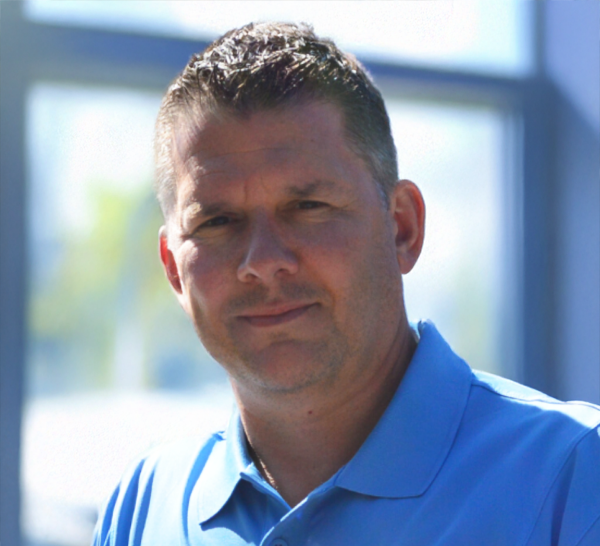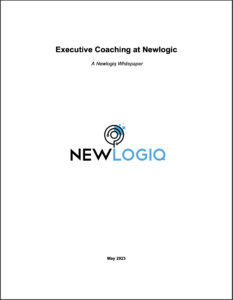Turn Economic Challenges Into Opportunities: The Power of Business Coaching
Introduction
Economic downturns and market uncertainties create challenges for businesses of all sizes. Declining consumer confidence, supply chain disruptions, and fluctuating market conditions can force companies to make difficult financial and operational decisions. Leaders often find themselves navigating an unpredictable landscape where traditional strategies may no longer apply. Business coaching has become a critical tool for navigating these turbulent times by providing strategic insights, leadership development, and resilience-building techniques. Through targeted coaching, business leaders gain the ability to reassess their strategies, identify new opportunities for growth, and maintain stability even in the face of adversity.
How Economic Challenges Impact Businesses
During economic instability, businesses face:
- Declining or Uncertain Revenue: Reduced customer spending affects profitability.
- Operational Cuts: Budget constraints may lead to layoffs and efficiency reductions.
- Increased Competition: Companies must find ways to differentiate themselves in a shrinking market.
- Leadership Stress: Decision-makers face increased pressure to stabilize and grow their organizations.
The Value of Business Coaching in Uncertain Times
Economic challenges often demand a shift in mindset and strategy. Business coaching provides leaders with a structured approach to analyzing risks, exploring new opportunities, and making informed decisions under pressure. During uncertain times, the ability to remain agile and proactive is essential, and coaching helps instill these qualities in executives and teams alike. Moreover, business coaching fosters a culture of resilience, empowering leaders to communicate effectively, maintain team morale, and implement innovative solutions that drive sustainable growth despite external challenges.
- Strategic Planning
- Through the use of proven frameworks, leading coaches help businesses reassess their market position and develop adaptive strategies. This can help leaders quickly pivot, embrace change and find new revenue streams.
- Financial and Operational Efficiency
- By focusing on financial performance, especially cash management during uncertain times, coaches help leaders identify opportunities for cost optimization and resource allocation in order preserve capital and business flexibility.
- Leadership Development
- Overall business success in uncertain times historically has come down to have strong leadership teams in place. Coaching that deeply explores team dynamics, accountability and skill development fosters confidence, decision-making, and resilience among business leaders.
- Employee Engagement and Retention
- Uncertain times also elevate anxiety levels amongst all employees, especially those in leadership roles concerned about their performance and their teams in a cloudy environment. Highly engaged teams lean on each other in order to dampen fears and as a result are far more productive and committed during challenging periods.
Steps to Implement Business Coaching
- Assess Current Challenges: Identify key pain points affecting business performance.
- Find the Right Coach: Select an experienced professional with industry expertise.
- Set Clear Goals: Establish measurable objectives for coaching outcomes.
- Commit to the Process: Encourage leadership and employees to engage in coaching sessions.
- Measure Progress: Regularly evaluate the impact of coaching and adjust strategies as needed.
Why Newlogiq
Choosing the right business coach can make all the difference in how effectively an organization navigates economic uncertainty. Newlogiq brings a wealth of experience in business strategy, leadership development, and AI-driven innovation, helping companies transform challenges into growth opportunities. With a deep understanding of small and mid-sized businesses, Newlogiq tailors coaching programs to meet unique needs, ensuring leaders have the tools and insights necessary for success.
Newlogiq’s coaching follows a simple three step process:
- Develop a Tailored Program: Our process starts by understanding your unique circumstances and challenges and developing a custom plan for you and your organization.
- Present the Plan: We sit with you and your management team to outline our detailed plan, month-by-month, quarter-by-quarter, so that you know what to expect, as well as the outcomes we will use to track our progress.
- You Decide to Move Forward: Following presentation of our plan, you then decide whether to hire us to implement the plan. With our Short Pay Promise, there is virtually no risk to ensuring your success.
With a commitment to empowering businesses through cutting-edge strategies and hands-on coaching, Newlogiq is the ideal partner for organizations looking to thrive in uncertain economic conditions.
Conclusion
Business coaching is a powerful resource for companies looking to navigate economic uncertainty with confidence. It provides leaders with the necessary tools to assess risks, adapt strategies, and execute informed decisions that foster stability and growth. By refining strategy, enhancing leadership, and fostering innovation, coaching enables businesses to weather financial storms and emerge stronger. Furthermore, coaching encourages a proactive mindset, ensuring that leaders do not merely react to challenges but anticipate and prepare for them, turning obstacles into opportunities for innovation and market expansion.
Are you prepared to tackle economic challenges head-on? Now is the time to equip your leadership team with the insights and skills necessary to drive sustainable success. Investing in business coaching can provide the strategic guidance, resilience-building techniques, and innovative approaches needed to not only survive but thrive in an evolving economic landscape. With the right coaching support, your business can seize new opportunities, strengthen competitive positioning, and secure long-term growth.







